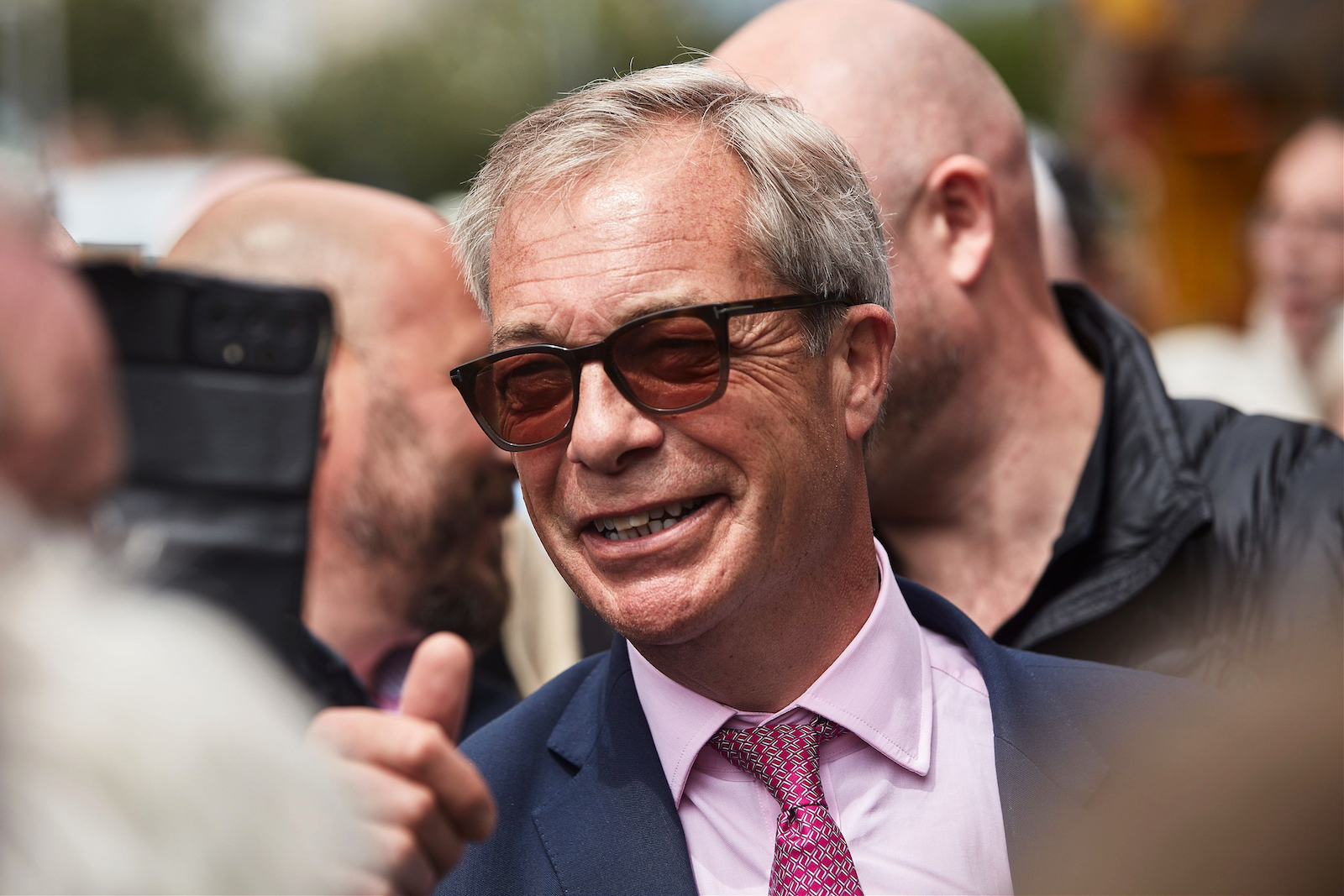
Tory Nightmares: The Return of Nigel Farage
Few have exerted as much influence on the tone, and outcome of elections, as Nigel Farage. Fewer have done so while failing to win office. In seven attempts at standing for a seat in the UK House of Commons between 1994 and 2015, the votes to get him across the line have failed to materialise. Yet it is impossible to imagine the Brexit referendum of 2016, or the victory of the Conservatives under Boris Johnson in 2019, as being possible without his manipulative hand.
Before an audience at the MF Club Health and Wealth Summit at the Tiverton Hotel in March, Farage had words for his country’s voting system, one that notoriously remains stubbornly rooted to the “first past the post” model. It was a system that had, in his view, eliminated any coherent distinction between the major parties. They had become “big state, high tax social democrats.”
Farage took the budget as a salient illustration. The leader of the Labour Party, Sir Keir Starmer, agreed “with virtually everything in the budget. It would’ve made no difference if Rachel Reeves had delivered that budget instead of Jeremy Hunt. They are all the same.”
Having been made leader of the populist Reform UK party for the next five years, Farage felt it was time to make another tilt. On June 3, he announced that he would be standing in the July 4 election in the Essex constituency of Clacton, one that had conclusively voted to leave the European Union in 2016. It is also the only constituency to have ever elected an MP from UKIP, Reform UK’s previous iteration. The decision concluded a prolonged phase of indecision. And it will terrify the Tory strategists.
The speech offered little by way of surprises. The usual dark clouds were present. The failure by both Labour and the Conservatives to halt the tide of immigration. Rates of crushing taxation. General ignorance of Britain’s finest achievements battling tyranny, including a lack of awareness about such glorious events as D-Day. The poor state of public services, including the National Health Service. A state of “moral decline.” Rampant crime. In the UK, one could “go shoplifting and nick up to 200 quid’s worth of kit before anyone is even going to prosecute you.”
From the view of the Conservatives, who already risk electoral annihilation at the polls, Reform UK was always going to be dangerous. Roughly one in four voters who helped inflate Johnson’s numbers in 2019 are considering voting for it. It explains various efforts by Prime Minister Rishi Sunak, including his insensibly cruel Rwanda plan, to court a voting base that he hopes will return to the Tory fold.
Unfortunately for the PM, such efforts will hardly matter now that the real Nigel is running. “The pint-loving populist offers a splash of colour in an otherwise grey campaign,” suggests Robert Ford in The Spectator. “The result will be a constant background hum of populist criticism undermining Tory promises and reinforcing voters’ doubts.”
Veteran British commentator Andrew Marr relished the irony: here was the architect of the Brexit victory bringing calamity to the Conservatives. Farage had effectively raised “the pirate flag of what he calls ‘a political revolt’ against the entire Westminster class; but in particular against the listing, drifting and battered galleon that is the Tory party.”
Leaving aside – and there is much on that score – the issue of Farage’s Little England image, his presence in the Commons would come with various promises that will rock Britain’s political establishment. There is, for instance, the proposal for electoral reform, one long strangled and smothered in the cot by the main parties. Finally, he insists, a proportional representation model of voting can be introduced that will make Westminster more representative.
He also proposes ridding Britain of the House of Lords in its current form, replacing it with what would essentially make it an elected chamber accountable to voters. This “abomination” and “disgrace” of an institution had become the destination for shameless political hacks favoured by Labour and Tory prime ministers. “It’s now made up of hundreds of mates of Tony Blair and David Cameron; they’re the same blooming people,” he rattled to the entrepreneurs at the Tiverton Hotel. “They all live within the same three postcodes in West London. They’re not representative of the country in any way at all.”
There is a case to be made for Farage to stay behind the throne of UK politics, influencing matters as a sometimes befuddled kingmaker. Even if he fails at this eighth attempt – and given current polling, Reform UK is not on course to win a single seat – there is every chance that he will have a direct say in the way the Conservatives approach matters while in opposition. He might even play the role of a usurping Bolingbroke, taking over the leadership of a party he promises to inflict much harm upon next month. Short of that, he can have first dibs at the selection of a far more reactionary leader from its thinned ranks. The Farage factor will again become hauntingly critical to the gloomy fate of British politics.
